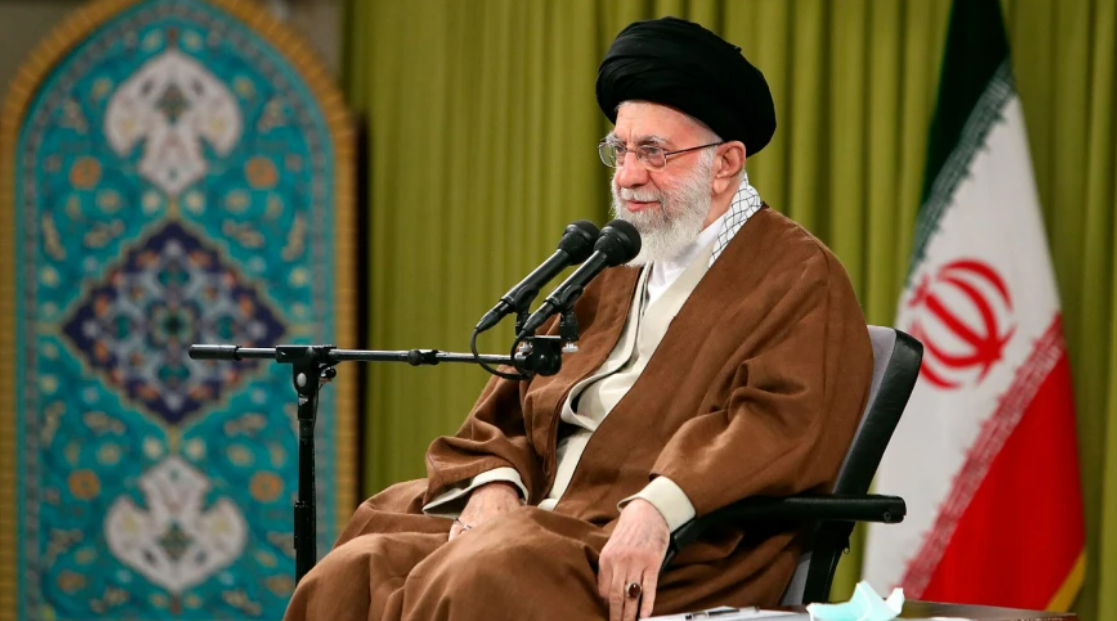Photo: Office of the Iranian Supreme Leader via AP. In this picture released by the Iranian government, Supreme Leader Ayatollah Ali Khamenei speaks during a meeting with a group of Basij paramilitary force in Tehran on Nov. 26, 2022.
Published in The Hill on January 29, 2023.
Since the wars in Iraq and Afghanistan, America has been loath to carry out military actions in the Middle East. In its place, the State Department and Congress have chosen economic sanctions as a primary tool of American foreign policy to influence and punish rogue nations, organizations, corporations and individuals. Unfortunately, enacting sanctions and enforcing them are two different things. Some government officials and think tanks have asserted that sanctions are ineffective, counterproductive and overused.
The Wall Street Journal reported in fall of 2021, “The Biden administration plans to limit the use of economic and financial sanctions … mark(ing) a potential turning point in U.S. foreign policy. The administration said it has considered rolling back the economy-crippling Iran sanctions, and has given priority to humanitarian waivers for Venezuela, Iran, and Afghanistan.”
Targeted and fully enforced sanctions do work.
Read the rest from The Hill.
